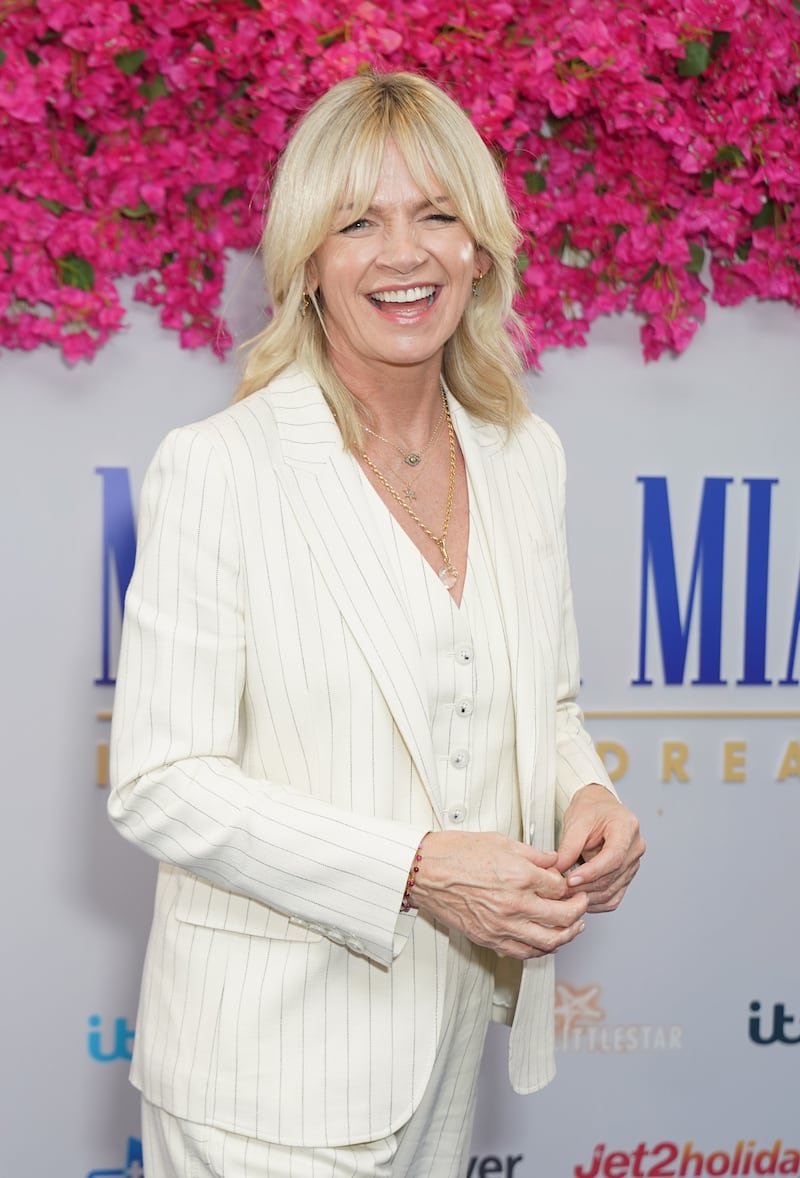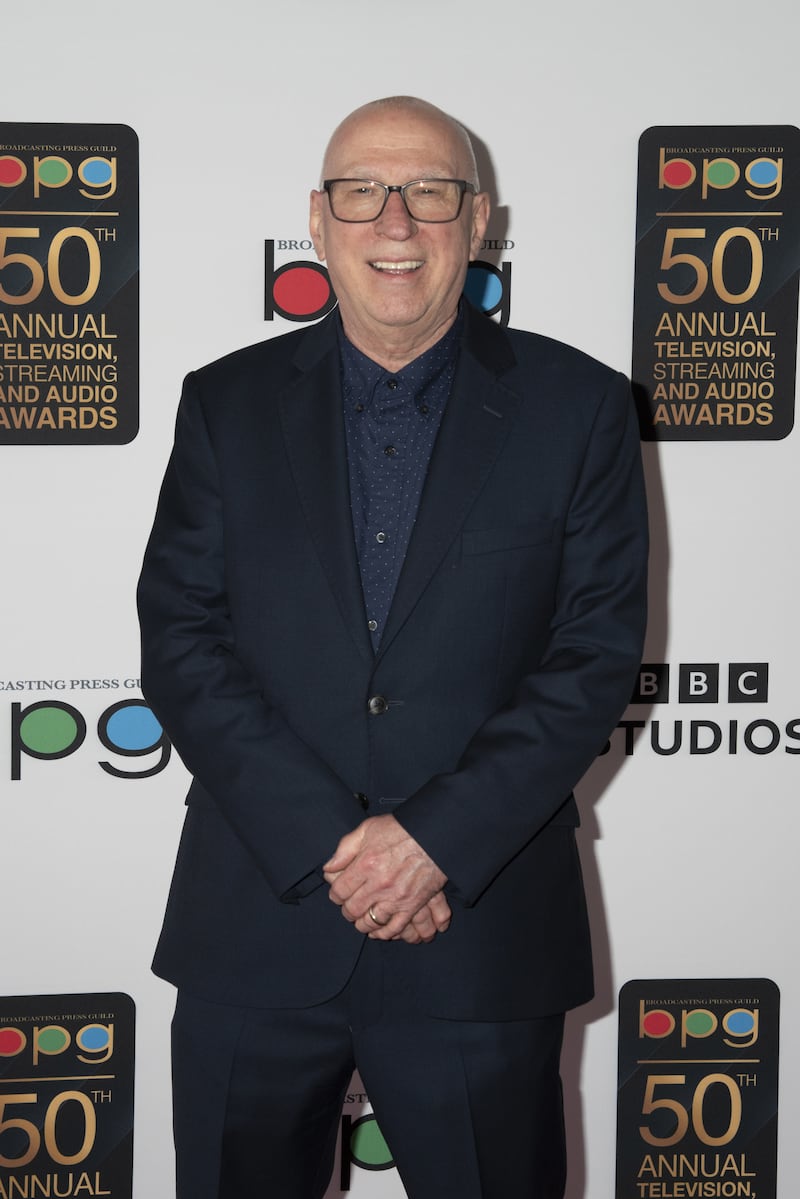Some of the BBC’s major radio stations saw audiences rally amid of summer of sport and entertainment, but local radio shows have suffered a drop in listeners, figures show.
Radio 5 Live recorded a strong jump in the last quarter, a period that coincided with the Paris Olympics and Euro 2024, with its average weekly audience up 12% from 5.4 million in April to June to 6 million in July to September this year, according to data from research body Rajar.
The station, which is in its 30th anniversary year and mixes news stories and sporting events, also saw a 13% increase on the last quarter for its breakfast show’s weekly audience, with figures rising from 1.4 million to 1.6 million.
Elsewhere, Radio 3 and Radio 4 both saw a July to September increase compared with the previous three months, by 11% for Radio 3 (to 2 million) and 8% for Radio 4 (9.7 million).

Radio 3’s increase aligns with the station broadcasting all 90 of the BBC Proms over an eight-week period during the summer.
Amid the summer success, the BBC saw further decline in the number of people listening to local and regional services.
The average weekly audience for these stations was 6.8 million in July to September, down from 7.3 million 12 months earlier and a drop of more than two million since July to September 2021, when the figure was 9.2 million.
In its annual report for 2023/24, the BBC said efforts to increase the depth and volume of local news stories online had seen an “increase in the size of audiences consuming local news online” but this had “necessarily resulted in schedule changes for audiences across local radio, with more sharing of programmes, off-peak and at weekends”.
Proposals to reorganise its local radio stations to share more content and transmit fewer programmes unique to their areas resulted last year in BBC local journalists going on strike, as well as long-running work-to-rule action, with the dispute formally resolved in November.
Several of the BBC’s flagship stations had a stable last quarter, with Radio 1 up by just under 1%, taking its average weekly audience to 8.2 million.
The Radio 1 breakfast show, hosted by Greg James, pulled in 4.3 million weekly listeners, but its figures cannot be compared to previous quarters because the show was extended by half-an-hour over the summer.

Over on BBC Radio 2, The Zoe Ball Breakfast Show had an average weekly audience of 6.3 million, down from 6.4 million the previous quarter and 6.5 million a year ago.
Ball returned to hosting the show on September 23 having not been on air since she briefly returned on August 8, following a summer break.
After facing turbulence over the departure of veteran presenter Ken Bruce, Radio 2 listenership appears to be holding more steady with an average weekly audience of 13.3 million, the same level during the previous quarter and similar to 13.5 million a year ago.
Bruce left the station in March 2023 after more than three decades hosting the mid-morning show, to join Greatest Hits Radio, taking his PopMaster quiz with him.
The commercial station, which is also now home to former BBC DJ Simon Mayo, had been enjoying an increase in listener numbers for the past two years but its rise seems to have slowed as this is the second quarter since June 2022 that its average audience has not increased.
Despite the 1% dip to 7.4 million compared with 7.5 million the previous quarter, Greatest Hits Radio has still had a 13% increase from the 6.6 million average a year ago.

The BBC’s chief content officer, Charlotte Moore, congratulated the 5 Live team on their successful quarter during a busy period.
“Our stations remain hugely important for our listeners, and I’m delighted that for the big national moments, people come to the BBC”, she added.
“We’ve had a record-breaking BBC Proms season and a summer packed with news and sport, and our commentary and programming have been unrivalled in their ambition and scale.
“I’m so proud of our teams who have refreshed schedules and kept on innovating, bringing distinctive, high-quality content to audiences across our speech and music stations, and on BBC Sounds.”
Gary Stein, director of audio for Bauer Media Audio UK, who own Greatest Hits Radio, said: “We’ve invested significantly in Hits Radio and it’s fantastic to see such brilliant results for the network as it grows to a new record reach, while Greatest Hits Radio continues to be the UK’s most listened to commercial station.”









